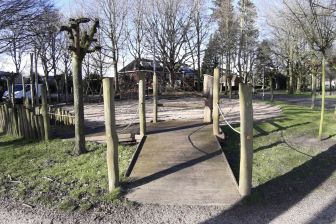
Why playtime is an essential part of childhood development
Children’s lives are overscheduled now more than ever before and all those activities are taking a bite out of their free playtime. By shortchanging playtime, children miss out on emotional, social, physical, and cognitive benefits.
In some school districts, students have to travel more than an hour each way every day just to ride the bus to school. That takes away two hours students can use for playtime five days a week. Some research has even shown that children are spending as little as 4 hours a week playing outdoors as a result of technology and an increased school workload burden.
When they play, they learn
This type of play involves any activity that involves sight, hearing, touch, smell, or taste. There are a lot of benefits for children who explore sensory play, including allowing children to come up with their own conclusions about the world around them, it builds nerve connections within their brain, it builds up language skills and it is a way for them to learn how to problem solve.
Professor Karen Hutchison of Rowan University says: “Play is actually the work of a child in which they are preparing themselves for adult roles and society at large.” Part of promoting play means making sure information and resources regarding play are available to all relevant duty bearers and stakeholders. Below is an infographic summarizing the importance of play.

Learn more about the benefits and importance of playtime for children at Mom Loves Best




